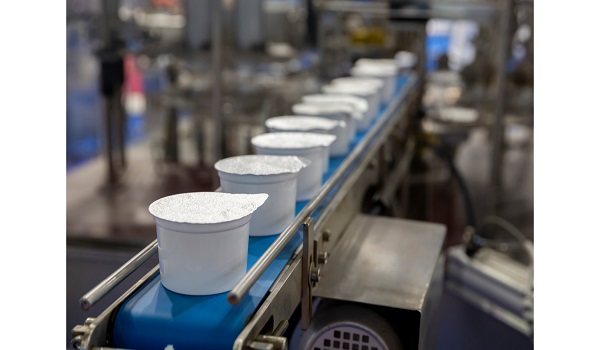Tetra Pak has launched the Dairy Processing Task Force, a collaborative effort to bring together experts from throughout the dairy industry to enhance methods of decarbonization in dairy processing.
The Task Force is a collaboration of the worldwide dairy industry.
Tetra Pak has launched the Dairy Processing Task Force, a collaborative effort to bring together experts from throughout the dairy industry to enhance methods of decarbonization in dairy processing. Its establishment strengthens Tetra Pak’s commitment to the worldwide dairy industry’s Pathways to Dairy Net Zero Initiative.
The Dairy Processing Task Force, led by Tetra Pak, will conduct pre-competitive research into the innovative systems and technologies required to reduce greenhouse gas (GHG) emissions across dairy production systems and geographies. Dairy now accounts for 2.7% of global GHG emissions.
“While dairy is important for livelihoods, food security, and nutrition, it is part of a food system that is not long-term sustainable.” Enabling the transition to sustainable dairy is a major step in Tetra Pak’s sustainable food systems strategy. “We are constantly striving to improve performance for our customers, working with them, as well as suppliers and partners, to reduce pressures on finite resources such as land, water, and energy,” said Charles Brand, Tetra Pak’s executive vice president for Processing Solutions & Equipment. “The formation of this Dairy Processing Task Force will broaden this approach beyond our own operations and bring together the expertise of industry leaders.”
“Sustainability is arguably one of, if not the, most important issues that we as an industry must address.” This can only be accomplished via collaboration, and we invite other dairy value chain leaders to join us on this path. “We can accelerate real climate change action across the dairy sector if we work together,” he continued.
Tetra Pak will lead conversations with key participants in the dairy sector to develop the latest improvements in processing technology and share best practices across the industry, championing the deployment of more sustainable solutions. New developments and technology offer the potential to minimize dairy production’s energy and water usage, as well as food waste.
The Dairy Processing Task Force’s key deliverables will be established as members join, in order to maximize the potential value of each member’s participation. In general, the Task Force hopes to accomplish the following:
GHG emissions from dairy processing should be measured and reduced.
Create and disseminate best practices for reducing GHG emissions.
Determine and implement credible reduction strategies
Establish industry-wide sustainability norms and reporting structures to promote uniformity and collaboration.
Dairy is an important source of nutrients in many regions of the world. However, there is a critical need to reduce its environmental effect. The Task Force will explicitly look at what can be done to further reduce emissions without sacrificing outputs or nutritional value, so ensuring dairy’s position in safe and resilient food systems.
“Around the world, the dairy industry is working to produce highly nutritious foods in a sustainable and responsible manner in order to meet the demands of a growing global population.” The impact of climate change, on the other hand, puts the entire value chain at risk, and as an industry, we must act fast and intelligently on environmental challenges,” said Donald Moore, executive director of the Global Dairy Platform.


